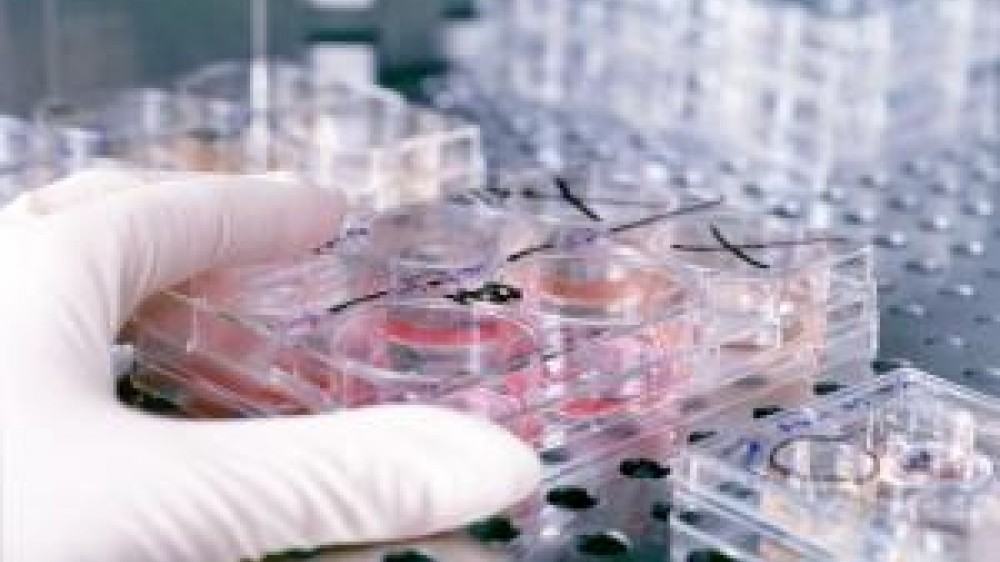Culturing human cells to study fungal lung colonisation

A recent study from the University of Manchester has shown that human cell lines can be used to study lung colonisation by the fungus Aspergillus fumigatus. The work, published in Nature Communications, was partly funded by an NC3Rs Fellowship to Dr Sara Gago.
Exposure to Aspergillus fumigatus in the environment is constant but the fungus is normally cleared from the lungs. Patients with asthma or an immune defect, however, can often have difficulty clearing the pathogen leading to aspergillosis. The team at the University of Manchester have discovered a genetic mutation in humans linked to increased loads of fungal spores in the lungs.
Many laboratories use mouse models to study aspergillosis, which can be associated with welfare concerns as they involve the development of severe lung disease and mild-to-moderate respiratory distress. Human cell-based models can offer a more relevant alternative; for example, the mutation discovered in this study is in a gene for a transcription factor not found in mice. The laboratory developed an in vitro model by using the CRISPR/Cas9 gene editing technology to alter a human cell line to contain the mutation.
Dr Gago comments: “Having developed a way to adapt human cell lines so that they can carry mutations associated with disease, we have avoided using animals entirely.”
The team led by Dr Gago and Dr Paul Bowyer showed that the mutation altered the epithelial cells and extracellular matrix the cells excreted, both of which usually provide a protective barrier in the lungs. This led to increased adhesion of the fungal spores to cells, in turn leading to earlier and more successful germination of the spores compared to a human cell line without the mutation. They compared their results to samples from patients with known Aspergillus fungal colonisation and found the mutation present in up to 60% of patients with a high A. fumigatus load, whereas the mutation was not found in patients with a lower fungal load.
The research helps to build confidence in the use of non-animal approaches in studying fungal infectious disease, highlighting how gene editing can be used to study pathogen colonisation in vitro. It has led to a better understanding of why some patients have a higher Aspergillus load than others.
References
-
Gago S, Overton NLD, Ben Ghazzi N et al. 2018, Lung colonization by Aspergillus fumigatus is controlled by ZNF77. Nature Communications 9: 3835 (2018) doi:10.1038/s41467-018-06148-7
